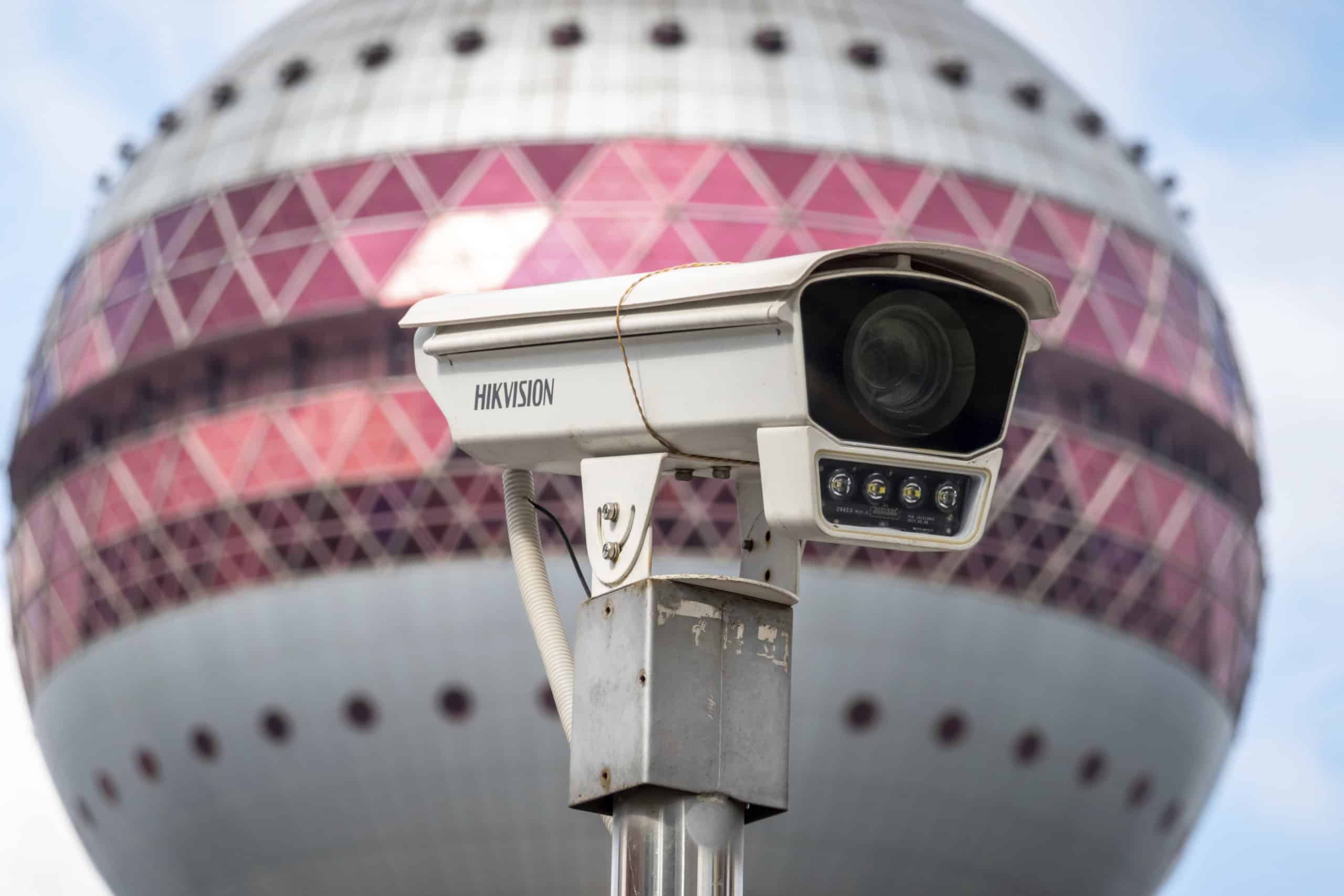In the blocks surrounding the White House, the U.S. Capitol Building, and the Pentagon, Hikvision cameras keep a watchful eye. In fact, at least 2,900 products from the Chinese security camera company surveil the streets of America’s capital alone, according to Shodan, a platform that collects data on devices connected to the internet.
But now, the officials inside those buildings may be considering a move that would make Hikvision one of the country’s top Chinese corporate targets, effec
Subscribe or login to read the rest.
Subscribers get full access to:
- Exclusive longform investigative journalism, Q&As, news and analysis, and data on Chinese business elites and corporations. We publish China scoops you won't find anywhere else.
- A weekly curated reading list on China from Andrew Peaple.
- A daily roundup of China finance, business and economics headlines.
We offer discounts for groups, institutions and students. Go to our
Subscriptions page for details.
Includes images from Depositphotos.com


